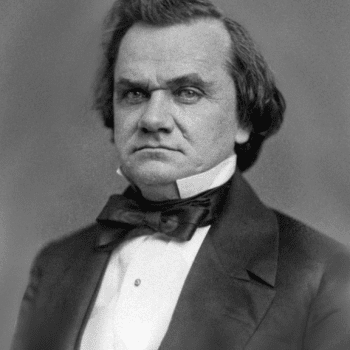
Some say that the American revolution was not really necessary. That staying with Great Britain would not mean the loss of freedoms or succumbing to tyranny. Great Britain and its former colonies that are now autonomous members of the Commonwealth under the monarchy are quite free today. If the American colonies didn’t have their revolution, today they would be like Canada. And is that so bad?
What do you think of that argument? After the jump, consider three examples of how the British system makes the state far more powerful over individual citizens, whose rights have far fewer protections, than in the American system.
Two posts from yesterday show how individual rights are far more strongly established under the U.S. Constitution than under the unwritten Constitution of the British monarchy.
Consider the case of the private Jewish girls school that faces closing by the government for not teaching 8-year-olds about homosexuality and transgender identity. The religious rights of the orthodox Jews who run the school and who want to teach their little girls about what the Law of Moses says about sexuality seemingly has no standing with the British educational bureaucracy. Nor does the fact that this is a private school exempt them from the authority of the state educational system.
Consider the Canadian law that mandates the use of a person’s preferred made-up pronouns to accommodate the range of self-chosen gender identities. Again, the state presumes upon itself to police the language that people use. The United States has freedom of speech, which surely includes freedom of language.
Now consider another developing story, the sad case of the baby Charlie Gard. In England, the 11-month-old has a terrible and almost certainly terminal illness. An American doctor has offered his parents the opportunity to try an experimental treatment. But the British hospital wants to take the baby off of life support. A British court ruled in favor of the hospital, saying that the hospital may apply the treatment it thinks best despite the wishes of the parents. The parents appealed to the European court of human rights, which also ruled that the child should die.
The parents know that the prospects for Charlie are poor and that the experimental treatment is unlikely to work. But they have one small chance and want to take it. In the United States, parents have the right to make medical decisions for their minor children. But in Great Britain and in the European system, the state can make such life-and-death decisions, even against parents fighting for the life of their child.
UPDATE: The UK court has agreed to rehear the case if new evidence can be put forward, giving the family 48 hours to come up with facts they say they have. For more on the case and the legal issues go here and here.
Illustration from Pixabay, CC0, Public Domain


















